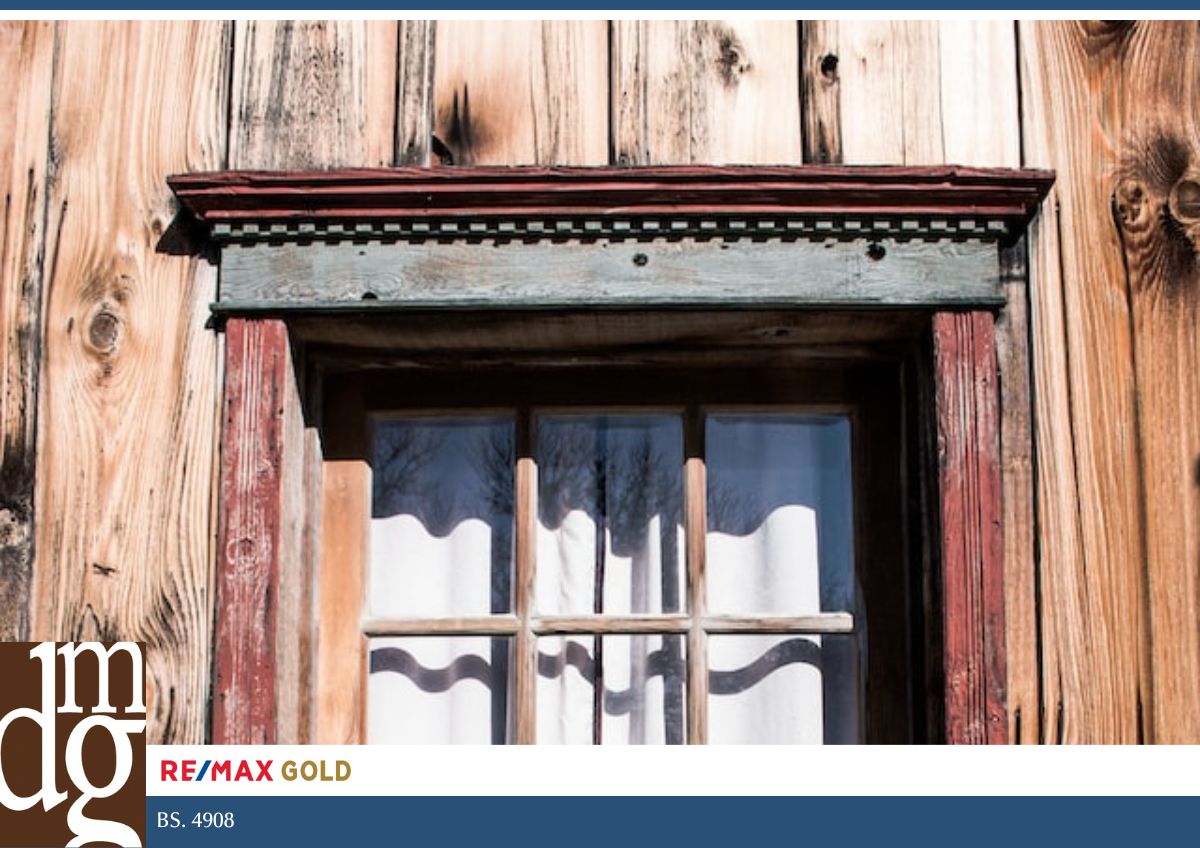What Does “Good Bones” Mean?
Buying a home is stressful and can feel overwhelming if it’s your first home. Then throw in terms like “load bearing,” “roof truss,” and “subfloor,” and you’re not sure what you’re even looking at anymore! We’ve heard the term “good bones” used to describe a house, but what does “good bones” mean? How can you determine if the house you fall in love with has them?
Materials and Foundation
The main thing people refer to when they say “a house has good bones” is that its structure is sound and its foundation is solid. A house has a skeleton that gives it shape and supports the outer coverings. That support is called the frame, which is considered the house’s bones. The bones consist of wooden beams, floor joists, wall studs, roof rafters, and related components.
Wood frame houses built in the first half of the 20th century were made of higher quality wood than those built today. The lumber in an old house may be more robust and better able to withstand the elements. Other home materials generally considered to be “good bones” are brick and concrete.
Doors
Interior doors can be a good indicator of the quality of construction or whether or not the house has settled. While it’s not uncommon for homes to settle a little, if none of the interior doors stay open or close completely, that is a structural problem – bad bones.
Corners
A good indication of structural problems is diagonal cracking in the corners of windows, stairs, doors, and other openings.
Sizeable Rooms
While you can add square footage to a home, increasing the size of interior rooms may be more challenging. For this reason, a house that feels “roomy” with nicely sized spaces and high ceilings can be referred to as having “good bones.”
Sturdy Roof
A home needs to have a durable roof that’s in good shape. It is safe to assume that a house with a properly aligned, intact roof with minor if not zero, wear and tear has good bones.
Windows
Well-constructed windows with ample natural lighting are a significant plus when buying a home. If the home has sturdy double-hung windows that easily open and close, you can say that the house has good bones.
Floors
While damaged or low-quality floors aren’t necessarily a deal-breaker, they are considered to be part of the “bones” of the home. If you can restore a home’s floors to their former glory, you can consider the house to have good bones.
Knowing when a home has good bones (or not!) can mean the difference between a smart purchase and a money pit. Regardless of how great a house looks, have a licensed home inspector thoroughly check it before you invest. An inspector will dig beneath the surface and make sure those “bones” really are as good as you were hoping.
If you have questions about the Reno real estate market or are ready to find your home with good bones, contact the David Morris Group or call (775) 828-3292. We’re happy to be your helpful guide.






















